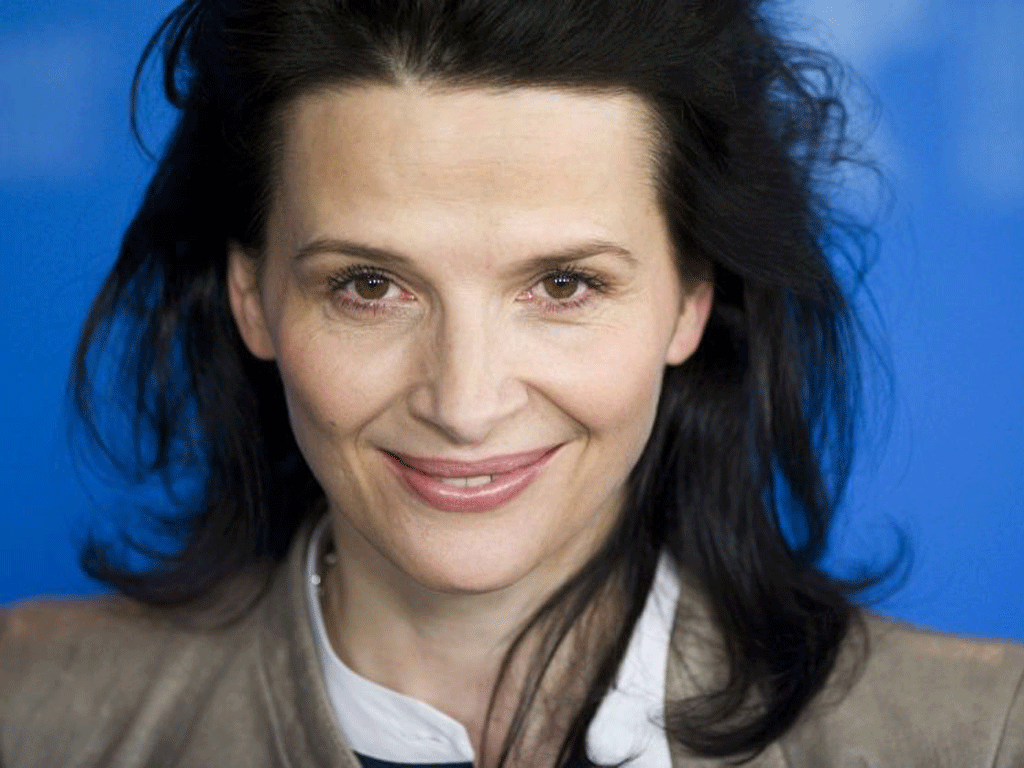... but her latest play has lost its power to shock

Swathed in a slinky, gold- sequined gown and radiating a dangerous, febrile languor, Juliette Binoche instantly establishes her ability to command a stage when she strides on here as the eponymous daughter of a count with a fatal attraction to her father's valet. Unfortunately the actress is stuck in a production, directed by Frédéric Fisbach, that drains Strindberg's 1888 masterpiece of its power to shock by removing any sense of the social constraints that explain why sex with an underling is such a charged taboo.
Updating can electrically re-energise our appreciation of the play's provocativeness. Patrick Marber in After Miss Julie shifted the proceedings to an English country house on the eve of the Labour landslide in 1945. An adaptation which transposed the drama to post-apartheid South Africa won rave reviews at this year's Edinburgh Fringe. In such cases, the tensions at the centre of the piece become a potent metaphor for a wider political unease.
By contrast, Fisbach's French-language version tries to turn the proceedings into a timeless existential conflict. Instead of unfolding, symbolically, in a below-stairs kitchen, the piece is now marooned in a widescreen rectangular white box with sliding glass doors and some upstage birch trees where the partying servants bop to Blondie and the Buzzcocks et al. If the aim at the start is to suggest a fish tank-like exhibited confinement, the downside is that Laurent P Berger's design is so promiscuously open-plan that it obliterates any impression of class demarcation or potential scandal. The post-coital Julie, for example, appears to go outside to put her knickers back on.
It doesn't help that, as Jean the valet, the tall, elegantly dishy Nicolas Bouchaud seems about as working class as a heart-throb Gallic philosopher on the intellectual TV talk show Apostrophes. Binoche makes the heroine's mood-swings crackle with disturbed, disoriented life as she veers between imperious revulsion and clinging dependency.
This Julie can sound like a great tragedienne from Racine as she thrusts her arms to the heavens and curses the day she was conceived, and then she can snap out of that grand manner with a challenging, comically bathetic abruptness. She can delicately combine scorn and vulnerability when, legs dangling over the side of the stage, she recounts her warping family history. But the protagonist's fate fails to feel inevitable in this chic, hollow production which, by trying to elevate the piece above the fray of history, severely lowers the dramatic stakes.
Join our commenting forum
Join thought-provoking conversations, follow other Independent readers and see their replies
Comments
Bookmark popover
Removed from bookmarks